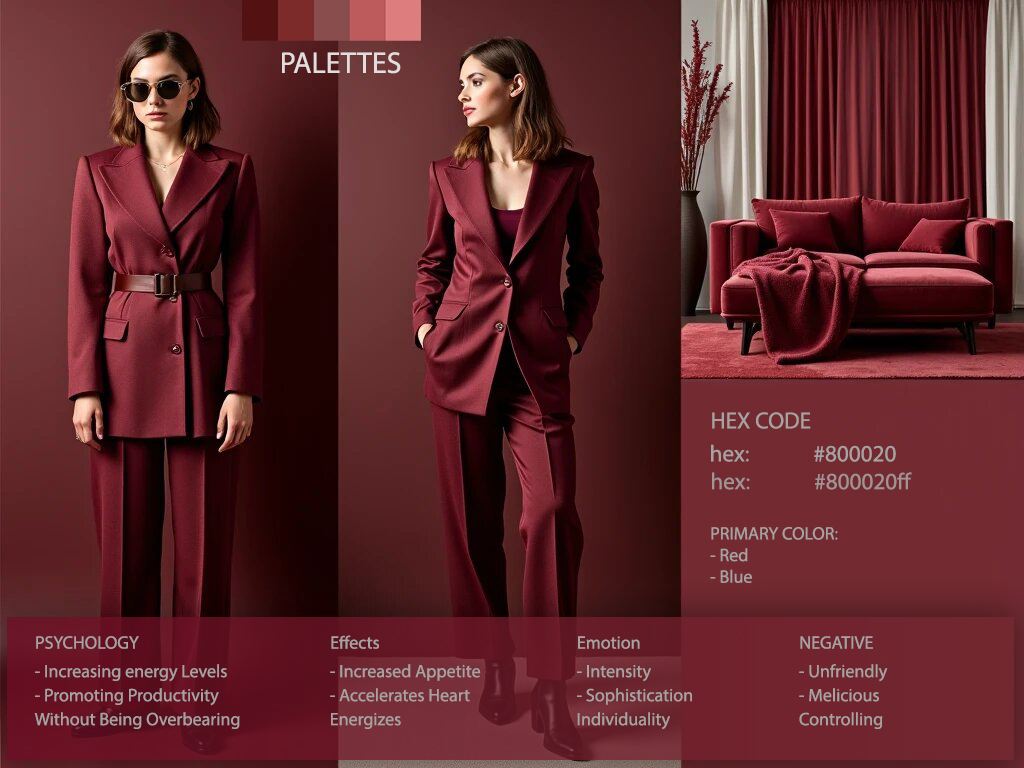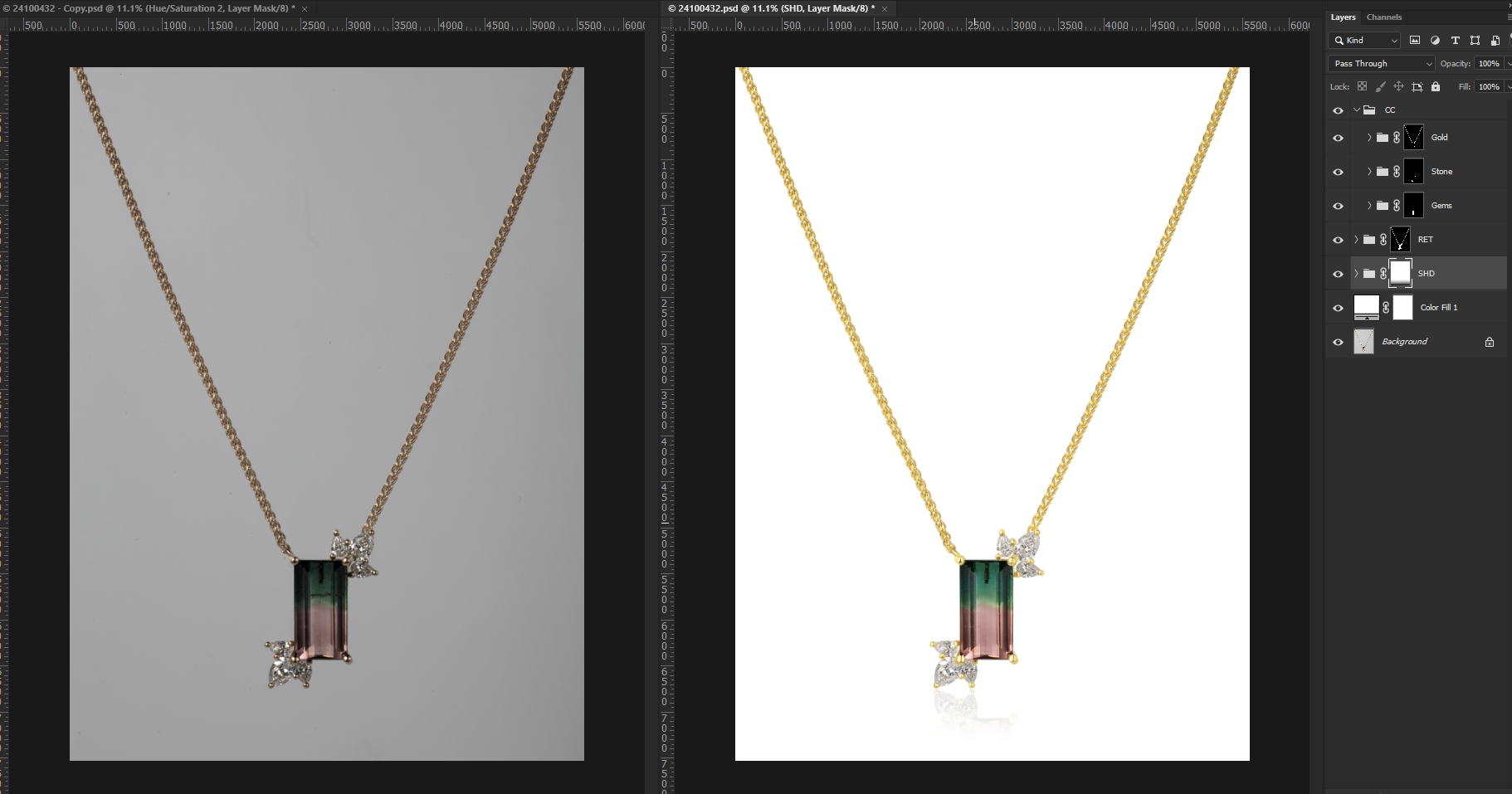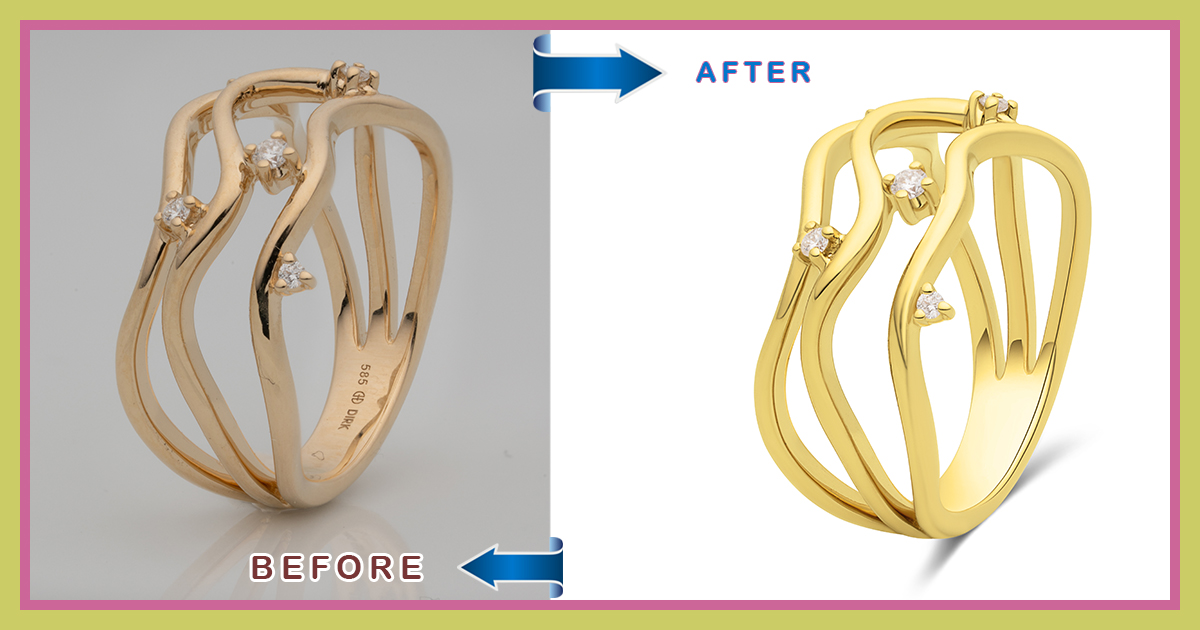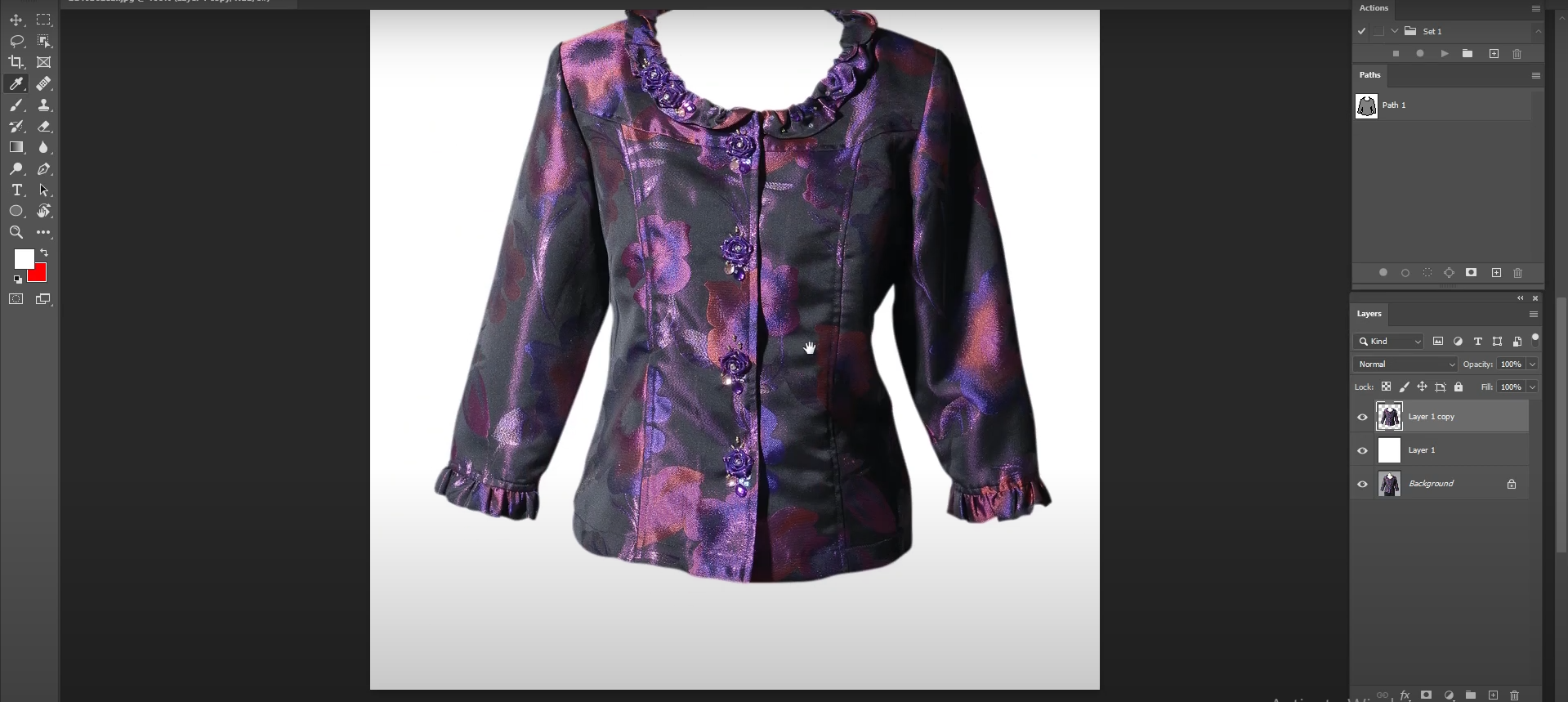The best lens for car photography with canon cameras is the canon ef 24-70mm f/2.8l ii usm lens. This lens is highly versatile and provides sharp, high-quality images with a wide range of focal lengths, making it ideal for capturing cars in various compositions and angles.
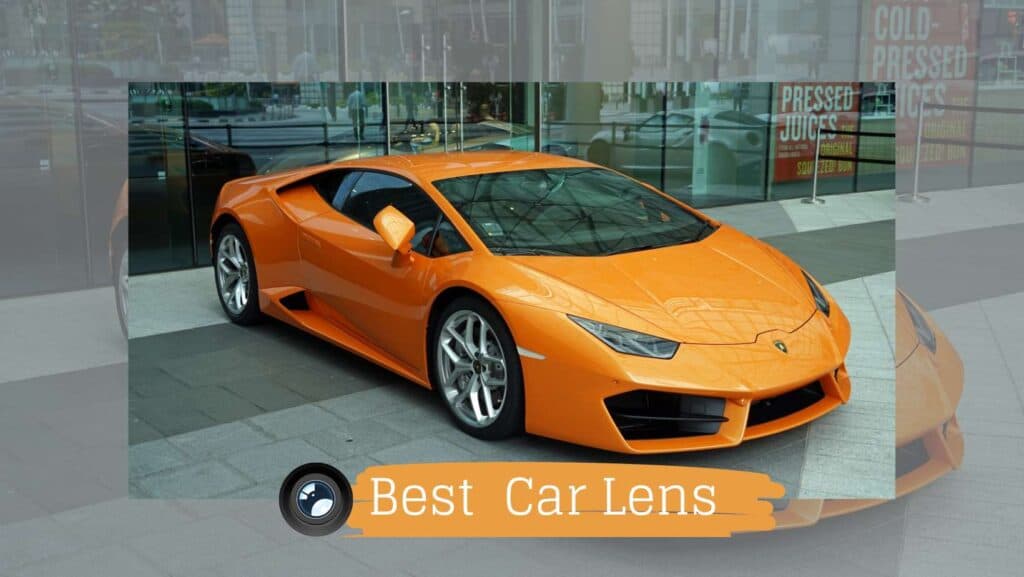
Its fast f/2. 8 aperture also allows for excellent low-light performance and attractive background blur, enhancing the overall aesthetics of car photographs. With its robust build and weather-sealed construction, it is suitable for outdoor car shoots, ensuring durability and reliability in different conditions.
Understanding The Importance Of A Good Lens
Capturing stunning car photos requires more than just a good eye for detail and composition. The lens you use plays a crucial role in achieving high-quality images that truly showcase the beauty and intricacies of the subject. In this section, we will explore why investing in a high-quality lens matters and the impact it can have on your car photography.
Why Investing In A High-Quality Lens Matters
- Sharper images: A high-quality lens allows for sharper and more detailed images, capturing even the tiniest of details. This is especially important in car photography, where the aim is to showcase the sleek lines and unique features of the vehicle. A good lens ensures that every curve and contour is rendered with utmost clarity.
- Better low-light performance: Car photography often involves shooting during different lighting conditions, including low-light situations. A top-notch lens with a wide aperture enables more light to enter the camera, resulting in brighter and more impressive shots, even in challenging lighting environments.
- Superior bokeh: Achieving a pleasant and artistic background blur, known as bokeh, can make your car photos stand out. A high-quality lens with a wide aperture creates a shallow depth of field, allowing you to isolate the car from its surroundings and create a visually appealing separation between the subject and the background.
- Reduced distortion: Car photography demands accurate representation of the car’s proportions and lines. An inferior lens may introduce distortion or aberrations, affecting the overall image quality. Investing in a good lens ensures minimal distortion, resulting in photos that truly showcase the car in its intended form.
The Impact Of Lens Choice On Car Photography
- Focal length considerations: The choice of lens focal length directly affects the composition and perspective of your car photos. Wide-angle lenses (less than 35mm) are useful for capturing the entirety of a vehicle in a single shot, while telephoto lenses (85mm or higher) help in isolating specific details or capturing compressed perspectives. It’s essential to choose a lens that suits your desired outcome.
- Specialized lenses for automotive photography: Certain lenses are specifically designed for automotive photography, catering to the unique requirements of capturing cars. These include tilt-shift lenses, macro lenses, and fish-eye lenses. Investing in these specialized lenses can greatly enhance your car photography skills and provide more room for creative exploration.
- Consider your shooting environment: Different lenses excel in various shooting conditions. For instance, prime lenses offer exceptional sharpness and low-light performance, while zoom lenses provide versatility and flexibility. Understanding the demands of your shooting environment will help you choose the most suitable lens for the job.
- Budget and long-term investment: High-quality lenses often come with a higher price tag, but they are a long-term investment that can greatly elevate your car photography. Consider your budget and prioritize investing in lenses that offer superior image quality and durability. Remember, a good lens will complement your camera body and can be used for years to come.
A good lens is an essential tool for any car photographer. It enables you to capture sharper, more detailed images, effectively handle different lighting conditions, and create visually stunning compositions. By understanding the importance of investing in a high-quality lens and choosing the right lens for the job, you can take your car photography to the next level and stand out in this competitive field.
Factors To Consider When Choosing A Lens
Car photography with canon cameras requires careful lens selection to capture the essence of a vehicle. Factors such as focal length, aperture size, and lens compatibility play crucial roles in achieving stunning car photographs. Let’s explore these factors in detail:
Focal Length And Its Effect On Car Photography
- Focal length determines the magnification and field of view in an image.
- Wide-angle lenses (below 50mm): Ideal for capturing the entire car in the frame, emphasizing the vehicle’s surroundings and providing a sense of context.
- Standard lenses (50mm): Offer a natural perspective, suitable for showcasing car details and features.
- Telephoto lenses (above 70mm): Enable close-up shots, highlighting specific aspects such as the grille, wheels, or interior.
- Longer focal lengths compress the background, creating a pleasing bokeh effect.
Aperture Size And Its Impact On Depth Of Field
- Aperture size controls the amount of light entering the camera and affects the depth of field.
- Wide apertures (e.g., f/1.8): Provide a shallow depth of field, blurring the background and bringing the car into focus.
- Smaller apertures (e.g., f/5.6 and above): Increase the depth of field, ensuring more elements of the scene remain in focus.
- Experimenting with different apertures allows for creative control over the background blur and sharpness of the car.
Lens Compatibility With Canon Cameras
- Canon offers a wide range of lenses designed specifically for their cameras.
- Ensure the lens you choose is compatible with your canon camera model.
- Canon’s ef and ef-s lenses are popular options for car photography, offering excellent sharpness and image quality.
- Consider factors such as lens stabilization (is/os/vc) and auto-focus capabilities to suit your shooting needs.
- Third-party manufacturers like sigma and tamron also produce high-quality lenses compatible with canon cameras, providing additional options to explore.
Remember, the best lens for car photography ultimately depends on your specific requirements, shooting style, and the effect you aim to achieve. Experimenting with different lenses will allow you to discover your preferred setup.
Top Lens Recommendations For Car Photography With Canon
Canon Ef 24-70Mm F/2.8L Ii Usm
When it comes to car photography with canon, the canon ef 24-70mm f/2. 8l ii usm lens is a top recommendation. This versatile lens offers a range of focal lengths and a wide aperture, making it ideal for capturing stunning images of cars.
Here are the key features of this lens:
- Focal length: The 24-70mm range allows you to capture both wider shots of the car in its environment and close-up details.
- Aperture: The f/2.8 aperture provides excellent low-light performance and allows for beautiful background blur, emphasizing the subject car.
- Sharpness and image quality: With its advanced optics, this lens delivers exceptional sharpness and image quality, ensuring every detail of the car is captured with clarity.
- Versatility: The zoom range of this lens allows you to quickly adjust your focal length, making it suitable for various car photography scenarios, from close-ups to wide-angle shots.
- Durability: Built with canon’s renowned l-series construction, this lens is both dust and moisture resistant, ensuring its reliability in challenging shooting conditions.
Canon Ef 70-200Mm F/2.8L Is Iii Usm
For car enthusiasts looking to get closer to the action, the canon ef 70-200mm f/2. 8l is iii usm lens is a must-have. This telephoto lens offers exceptional reach and performance, perfect for capturing cars in motion or from a distance.
Here’s why this lens stands out:
- Focal length: The 70-200mm focal length range allows you to zoom in on distant cars, capturing details even from afar.
- Image stabilization: With built-in image stabilization, this lens minimizes camera shake, ensuring sharp images even when shooting handheld or in low-light conditions.
- Fast aperture: The f/2.8 aperture not only enables better low-light capabilities but also allows for beautiful background separation, making the car stand out.
- Fast autofocus: The lens features a speedy and accurate autofocus system, allowing you to capture fast-moving cars with precision.
- Exceptional build quality: Like the ef 24-70mm, this lens is built with the durable and weather-sealed l-series construction, making it reliable in various shooting environments.
Canon Ef-S 10-18Mm F/4.5-5.6 Is Stm
When it comes to wide-angle car photography, the canon ef-s 10-18mm f/4. 5-5. 6 is stm is an excellent choice. This lens offers an ultra-wide-angle perspective, allowing you to capture expansive car scenes or interiors with exceptional detail. Let’s explore its main features:
- Ultra-wide angle: With a focal length range of 10-18mm, this lens provides a wide field of view, perfect for capturing the grandeur of car shows or the immersive interiors of cars.
- Image stabilization: The lens is equipped with image stabilization, which helps reduce camera shake, ensuring sharp images even in low-light situations.
- Lightweight and compact: The ef-s 10-18mm is compact and lightweight, making it a great option for photographers who need mobility and versatility.
- Silent and smooth focus: The stm (stepping motor) technology ensures quiet and smooth autofocus performance, which is ideal for shooting car events without distracting noise.
- Affordable option: Compared to some other wide-angle lenses, the ef-s 10-18mm is relatively affordable, making it a popular choice for car photographers on a budget.
These three canon lenses offer diverse options for capturing the essence of car photography. Whether you need versatility, reach, or wide-angle shots, these lenses will elevate your car photography game and help you create stunning images that showcase the beauty and power of automobiles.
Comparing Prime Vs. Zoom Lenses For Car Photography
Car photography requires the right lens to capture details and showcase the beauty of automobiles. When it comes to choosing the best lens for car photography on your canon camera, you’ll likely be deciding between prime and zoom lenses. Both options have their advantages and disadvantages, so let’s explore the pros and cons of each to help you make an informed decision.
Pros And Cons Of Prime Lenses For Capturing Car Details:
Prime lenses are known for their exceptional image quality and wide aperture capabilities, making them a popular choice among car photographers looking to capture intricate details. Here are the key points to consider:
- Greater sharpness: Prime lenses are designed with a fixed focal length, which allows for sharper images compared to zoom lenses. The absence of moving parts often results in better clarity and resolution.
- Wider maximum aperture: Prime lenses typically have a wider maximum aperture, such as f/1.8 or f/1.4, which allows for more light to enter the lens. This wide aperture enables better low-light performance and the ability to create a shallow depth of field, isolating the car from its surroundings.
- Lightweight and compact: Prime lenses are generally smaller and lighter than zoom lenses, making them more portable and easy to handle during extended photography sessions.
- Limited flexibility: Since prime lenses have a fixed focal length, you’ll need to physically move closer or farther away from the subject to adjust your composition. This limitation may require you to change lenses or physically position yourself to capture different perspectives or compositions.
Advantages And Disadvantages Of Zoom Lenses For Versatility:
Zoom lenses offer more flexibility and convenience by providing a variable range of focal lengths within a single lens. Let’s take a look at the key points:
- Versatility in focal length: Zoom lenses allow you to adjust the focal length, offering a range of perspectives from wide-angle to telephoto. This versatility enables you to capture a variety of car shots without the need to change lenses frequently.
- Convenience: The ability to zoom in and out without physically moving closer or farther away from the subject makes zoom lenses highly convenient. This flexibility is especially advantageous when shooting events or moving car subjects.
- Larger and heavier: Compared to prime lenses, zoom lenses tend to be larger and heavier due to the complexity of their internal mechanisms. This can be a consideration if you prioritize portability and ease of use.
- Potentially reduced image quality: While modern zoom lenses have improved significantly over the years, prime lenses still generally achieve higher image quality due to their fixed focal length and simpler construction.
The choice between prime and zoom lenses for car photography on your canon camera ultimately depends on your shooting style and preferences. If you prioritize exceptional image quality and the ability to capture intricate details, prime lenses are an excellent choice.
On the other hand, if versatility and convenience are more important to you, a zoom lens would be the ideal companion. Consider your specific needs and creative vision to make the best decision for your car photography endeavors. Happy shooting!
Lens Accessories To Enhance Car Photography
Car photography requires the right lens and accessories to capture stunning images of vehicles. When it comes to investing in lens accessories for car photography, there are two essential items that every photographer should consider: lens filters and lens hoods.
These accessories play a significant role in enhancing your car photography skills and capturing exceptional shots. In this section, we will delve into the significance of lens filters in car photography and the advantages of utilizing lens hoods to reduce glare.
The Significance Of Lens Filters In Car Photography
Lens filters are an indispensable tool for car photographers. They not only protect the lens from dust and scratches but also help enhance the overall image quality. Here are some key points to consider:
- Polarizing filters: These filters reduce reflections and glare from shiny car surfaces, making the colors appear more vibrant and saturated. They also help in cutting through hazy conditions to reveal sharper details.
- Nd filters (neutral density filters): Nd filters are beneficial when shooting in bright lighting conditions or when you want to achieve slower shutter speeds. They reduce the amount of light entering the lens without affecting the color balance, allowing you to create stunning long-exposure photographs.
- Uv filters (ultraviolet filters): Apart from protecting the lens, uv filters also help reduce the bluish cast that can sometimes appear in outdoor car photography. They eliminate the uv light that causes this color shift, resulting in clearer and more natural-looking images.
- Graduated filters: These filters are ideal for balancing exposure when the scene has a significant difference in brightness between the sky and the car. By selectively blocking light, graduated filters allow you to capture the perfect shot with well-exposed details in both the sky and the vehicle.
Utilizing Lens Hoods For Glare Reduction
Glare is a common issue in car photography, especially when shooting in direct sunlight. Lens hoods offer a simple yet effective solution to reduce unwanted light reflections and lens flares. Here’s why lens hoods are essential:
- Prevents lens flare: Lens hoods shield the lens from stray light entering at extreme angles, significantly reducing lens flare. This allows you to capture sharper and more contrasted images without unwanted light artifacts.
- Reduces glare: Using a lens hood helps minimize glare from the sun or other bright light sources. This is particularly important when photographing reflective surfaces on cars, as it allows you to capture clear and glare-free images.
- Protection against accidental damages: Aside from its primary function, a lens hood also acts as a physical barrier, offering protection against accidental bumps or impacts that could potentially damage the lens.
Lens filters and lens hoods are indispensable accessories for car photography. These tools not only enhance image quality but also provide vital protection for your valuable lenses. By utilizing the correct lens filters and lens hoods, you can capture stunning and professional-looking car photographs that stand out from the crowd.
Techniques For Getting The Best Results With A Car Photography Lens
Capturing dynamic car shots requires more than just the right lens; it also involves understanding composition and employing certain techniques to achieve sharp focus and minimize distortion. Whether you’re a professional car photographer or an enthusiast looking to showcase your automotive adventures, here are some tips to help you get the best results with a car photography lens:
Understanding Composition For Capturing Dynamic Car Shots
When photographing cars, the right composition can make all the difference in creating dynamic and engaging images. Here are some key points to keep in mind:
- Rule of thirds: Use the rule of thirds to create a balanced composition by placing the car off-center. This adds visual interest and enhances the overall impact of the shot.
- Leading lines: Incorporate leading lines in your composition to draw the viewer’s eye towards the car. This could be a road, track, or any other element that guides the viewer’s gaze.
- Background selection: Pay attention to the background as it can either enhance or detract from the car. Look for clean, uncluttered backgrounds or architectural features that complement the car’s design.
- Perspective and angles: Experiment with different angles and perspectives to add depth and uniqueness to your photographs. Get up close for detail shots or shoot from a low angle to emphasize the car’s presence.
Tips For Achieving Sharp Focus And Minimizing Distortion
To ensure your car photographs are sharp and distortion-free, consider these techniques:
- Use a tripod: A tripod provides stability and eliminates camera shake, resulting in sharper images. It also allows you to experiment with longer shutter speeds for creative effects.
- Focus on the details: Pay attention to the important details of the car, such as the headlights, grille, or emblem, and use autofocus or manual focus to ensure they are crisp and clear.
- Aperture selection: Adjust your lens aperture to achieve the desired depth of field. A narrower aperture (higher f-stop) can keep the entire car in focus, while a wider aperture (lower f-stop) can create a shallow depth of field for a more artistic look.
- Minimize distortion: Wide-angle lenses are commonly used in car photography but can introduce distortion. To minimize this, avoid extreme wide-angle settings and position the car centrally in the frame.
- Avoid harsh light: Direct sunlight can cause unwanted reflections and harsh shadows. Aim to shoot during the golden hour (early morning or late afternoon) when the light is softer and creates a more pleasing atmosphere.
Remember, practice makes perfect, so don’t be afraid to experiment with different techniques and settings to find your unique style. With these tips, you’ll be well on your way to capturing stunning car photographs that showcase the beauty and essence of each vehicle.
Happy shooting!
Frequently Asked Questions Of Best Lens For Car Photography Canon
What Is The Best Lens For Car Photography?
The best lens for car photography is the canon ef 70-200mm f/2. 8l is iii usm. It offers excellent zoom range and image stabilization, allowing you to capture detailed shots of cars from a distance.
How Does The Canon Ef 50Mm Lens Perform In Car Photography?
The canon ef 50mm lens is a versatile lens that performs well in car photography. It provides a natural field of view and produces sharp images with beautiful bokeh. It’s ideal for capturing close-up shots or creative angles of cars.
Is A Wide-Angle Lens Suitable For Car Photography?
Yes, a wide-angle lens can be suitable for car photography. It allows you to capture the entire car and its surroundings in one shot, adding depth and context to your photos. However, be careful with distortion, as it can make the car appear stretched or distorted.
First Clipping Path: The Best Car Photography Image Editing Service Provider
First Clipping Path is the premier provider of car photography image editing services. With our expert team of graphic designers and advanced editing techniques, we specialize in enhancing the visual appeal of car photographs. We understand the importance of presenting cars in the best possible light to attract potential buyers or showcase them in advertisements.
Our professional image editing services include background removal, color correction, retouching, and adding special effects to ensure that your car images stand out from the competition. We pay meticulous attention to detail, ensuring that every element of the image is perfected to create a captivating visual impact.
At First Clipping Path, we pride ourselves on delivering top-quality results within quick turnaround times. We value client satisfaction and strive to exceed expectations with our exceptional editing skills and attention to customer needs.
Whether you are a car dealer, automotive photographer, or advertising agency, our car photography image editing services can elevate the quality of your car images and make them visually appealing to your target audience. Trust First Clipping Path to enhance the overall impact of your car photographs and take your automotive visuals to the next level.
Conclusion
To capture the breathtaking beauty of cars, choosing the right lens is crucial for photographers using canon cameras. This blog post has showcased some of the best lens options available. Each lens has its own unique features and advantages, providing photographers with various creative possibilities.
Whether you are looking for exceptional image quality, versatile focal lengths, or specialized macro capabilities, there is a lens on this list that will suit your needs. By investing in a high-quality lens, you can enhance the sharpness, detail, and overall visual impact of your car photography.
So, whether you are a professional or an enthusiast, take your car photography to the next level with the perfect lens for canon. Get ready to capture stunning images that will leave viewers in awe of your skill and creativity.

